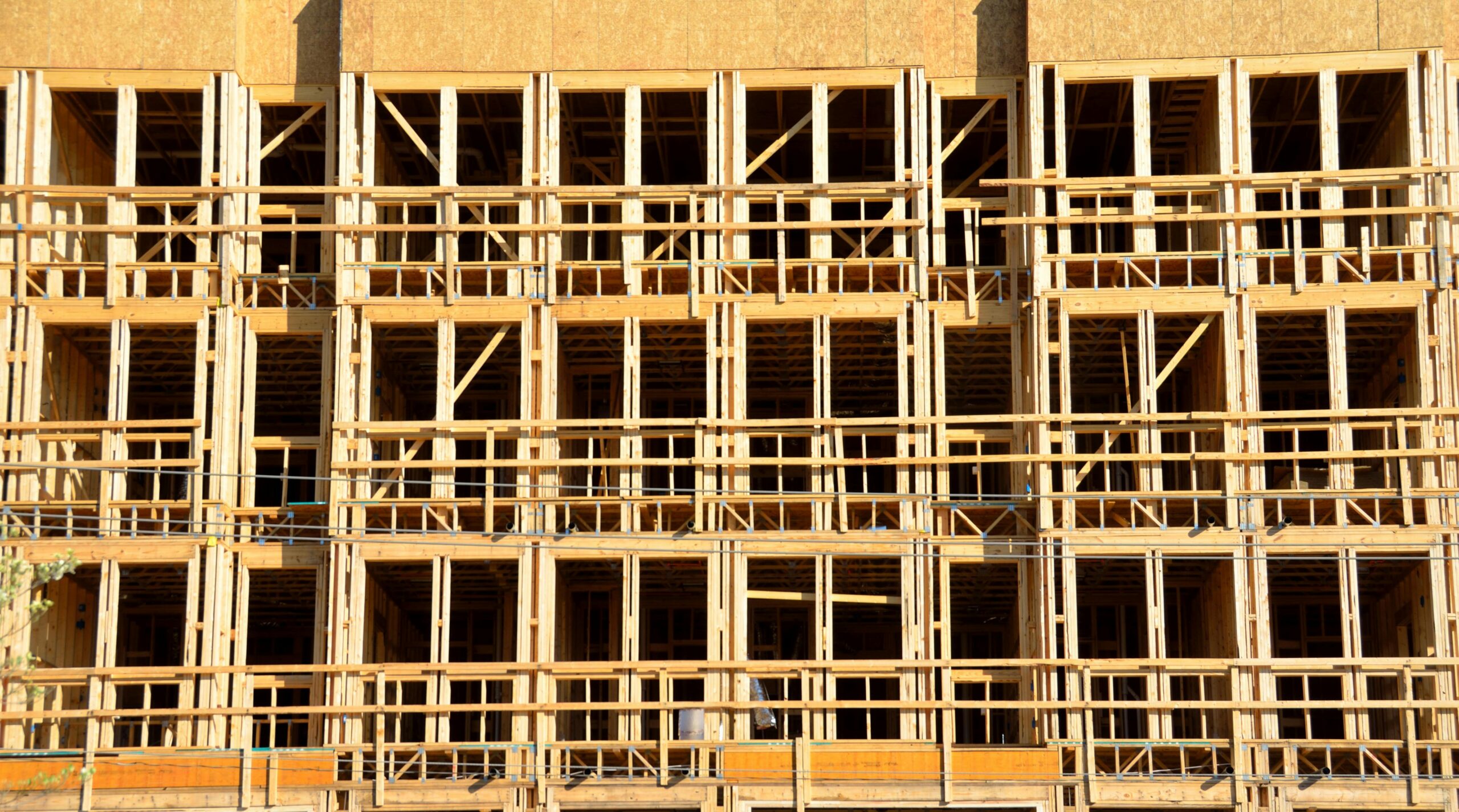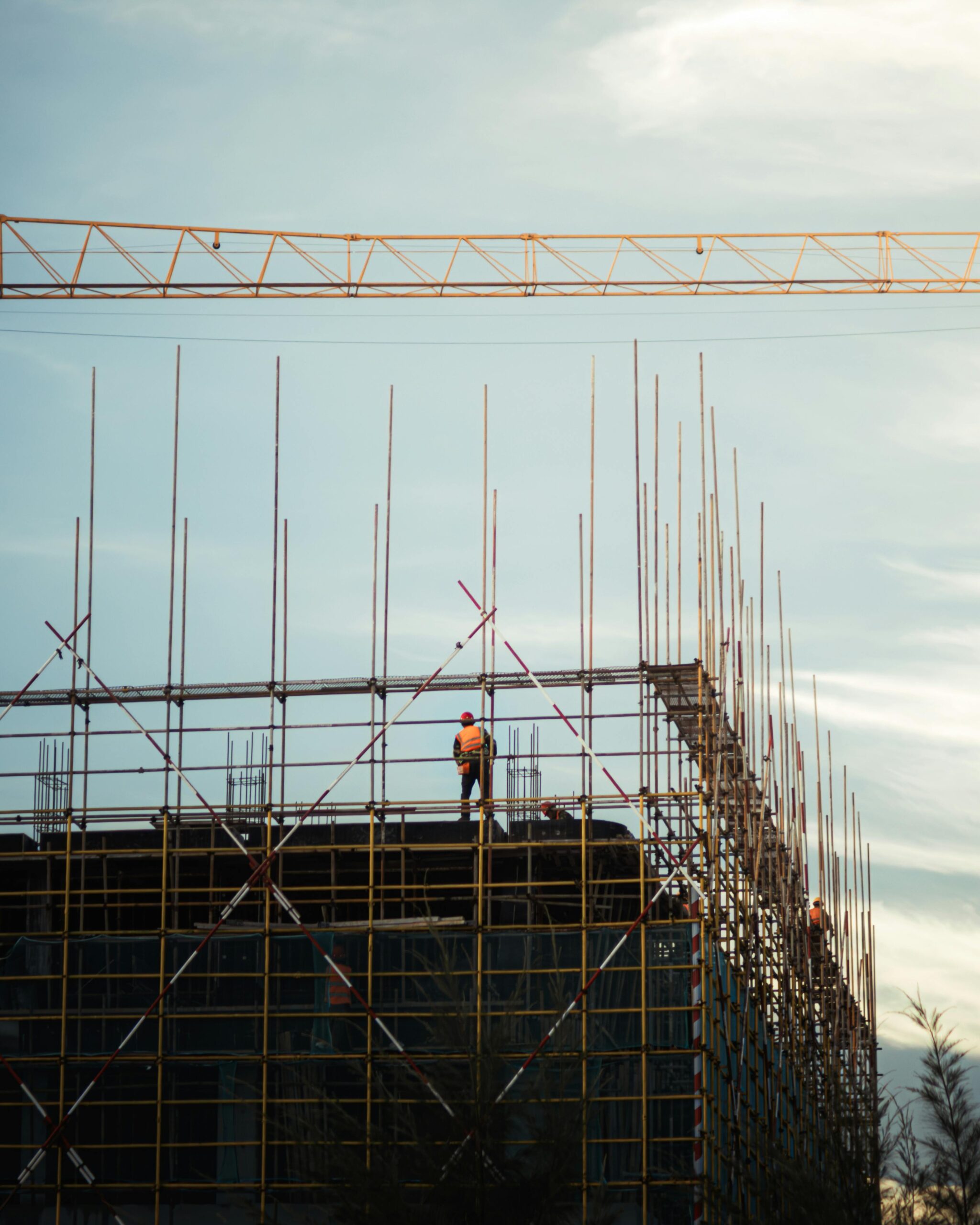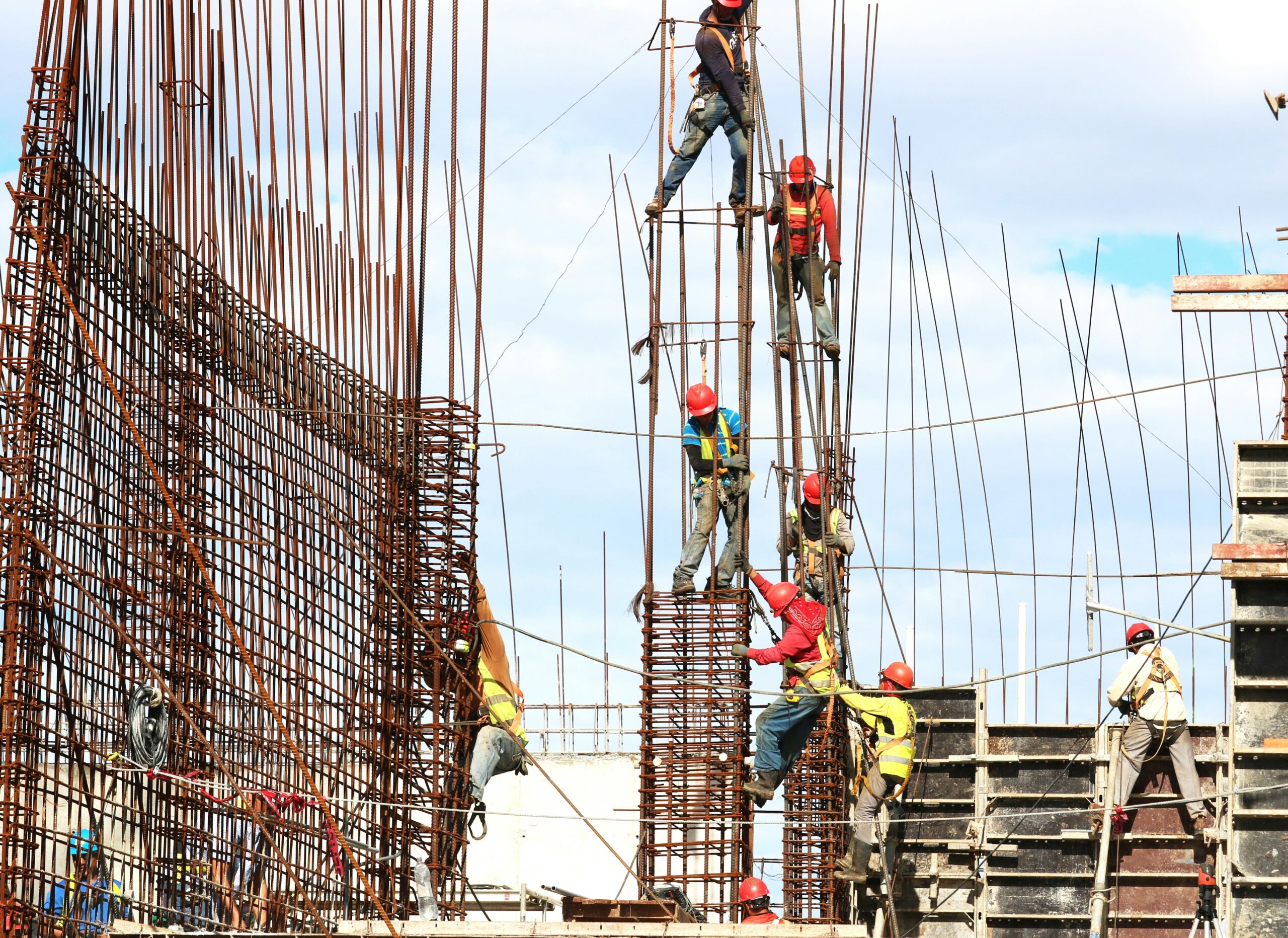
There’s a quiet revolution happening in the world of commercial construction, and Kansas City is right in the middle of it. If you’ve driven by a new development site and noticed entire building sections being delivered on trucks and dropped into place, you’ve seen modular construction in action. It’s not just a trend—it’s a complete shift in how we think about building. And for business owners, developers, and property managers in the KC metro area, it could mean faster timelines, better quality, and smarter spending.
So, what exactly is modular construction, and why is it gaining momentum?
What Is Modular Construction?
Modular construction is the process of constructing a building’s sections—or modules—off-site in a controlled manufacturing environment. These modules are then transported to the job site and assembled like building blocks to form the finished structure. From medical clinics to office buildings and even hotels, modular techniques are being used in more commercial spaces than ever before.
Think of it like this: instead of building from the ground up in unpredictable weather conditions with dozens of trades on-site, much of the work happens indoors, using precise, repeatable processes. Once the modules arrive at the site, the final assembly can happen in a fraction of the time compared to traditional builds.
Why Kansas City?
Kansas City has always had a strong backbone of industrial innovation, transportation infrastructure, and forward-thinking businesses. Combine that with the city’s growth in sectors like healthcare, logistics, and tech, and it’s no surprise modular construction is catching on here.
With the area’s frequent freeze-thaw cycles and unpredictable Midwest weather, building off-site can save weeks—or even months—on a commercial project timeline. Speed isn’t just a convenience in construction; it’s a competitive edge.
Benefits That Matter to Businesses
Let’s break down the real advantages modular brings to the Kansas City market:
-
Speed of Delivery: Projects can be completed 30-50% faster than traditional builds. That’s especially important for clients working on tight schedules or opening revenue-generating facilities.
-
Quality Control: Because construction happens in a factory setting, there’s more consistency in materials and workmanship. Fewer weather delays also mean fewer on-site issues.
-
Cost Efficiency: Time savings often lead to cost savings. Less labor on-site, shorter construction windows, and reduced waste can all help keep budgets in check.
-
Sustainability: Modular construction reduces material waste and energy use. For companies looking to build green or meet LEED standards, this is a major plus.
-
Reduced Site Disruption: Since most of the construction takes place elsewhere, there’s less noise, traffic, and impact on neighboring businesses or residents.
Real-World Applications
In Kansas City, we’re seeing modular being used in innovative ways:
-
Healthcare Facilities: Clinics and urgent care centers can be deployed quickly—especially valuable in underserved or high-growth areas.
-
Workforce Housing and Multi-Family: Developers are using modular techniques to tackle the region’s growing housing demands.
-
Retail and Office: Whether it’s pop-up retail space or a permanent office build, modular construction provides the flexibility to scale or relocate if needed.
A New Era for Commercial Projects
While modular isn’t the answer for every project, it’s an increasingly attractive option—especially for clients who need high-quality spaces fast and can’t afford the delays and variables that come with traditional construction.
At Complete Construction Services, we’ve seen firsthand how modular can transform the building process. We work closely with clients to explore what’s best for their goals—whether that’s a traditional ground-up build, a modular hybrid, or something entirely custom.
As Kansas City continues to grow, we expect to see more developers turning to modular construction as a smart, sustainable solution for future-forward builds.
















